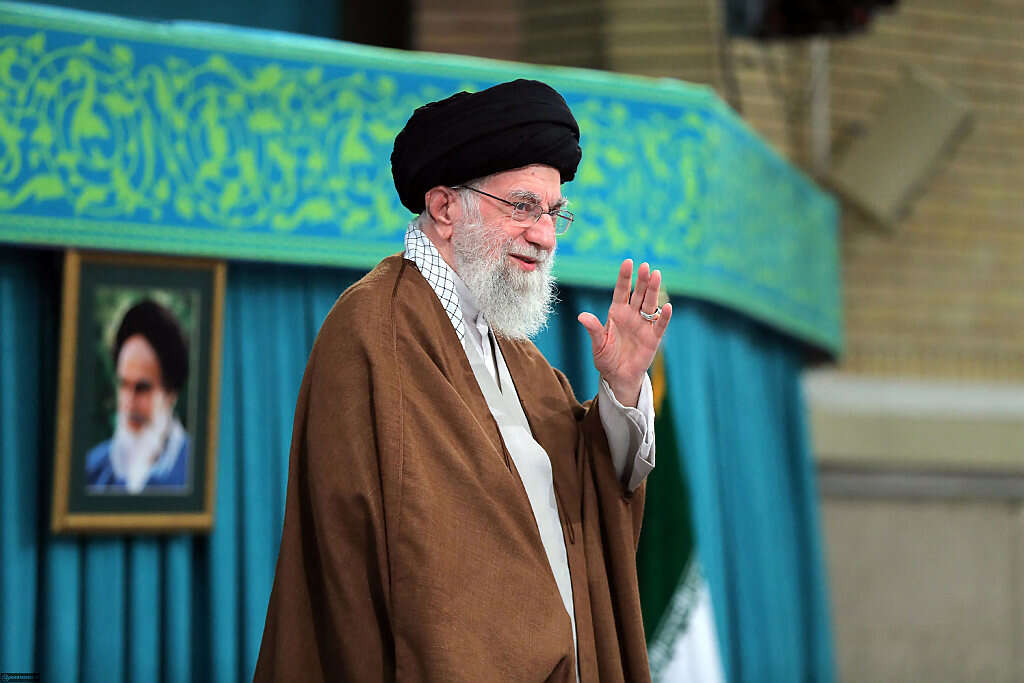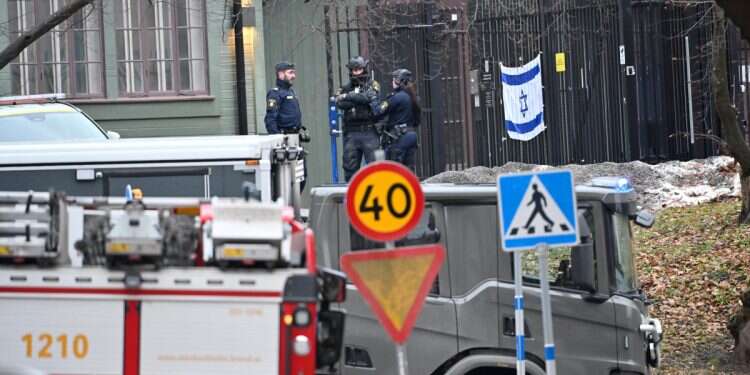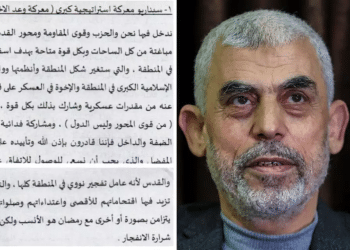Iran-affiliated groups are increasingly recruiting minors across Europe, particularly in Nordic countries, to carry out attacks against Israeli and Jewish targets, marking a concerning shift in Tehran's operations abroad, Bloomberg reported.
The news agency reported that in Sweden alone, multiple incidents involving teenagers have occurred this year, including a 15-year-old attempting to reach the Israeli embassy with a loaded weapon, a 13-year-old firing shots at Elbit, an Israeli defense company, and a 16-year-old participating in a bombing attempt.
Swedish and Norwegian security services have raised alarms about these Iran-backed operations, with Norway temporarily elevating its terror threat level from medium to high in October, Bloomberg noted. The situation has prompted Norwegian authorities to arm police officers and implement border controls with Sweden.
Iran's use of children in military operations has historical precedent. During the Iran-Iraq War (1980-1988), the Iranian military deployed children, some as young as nine, in combat roles including dangerous mine-clearing operations. According to UN refugee agency documents, these child soldiers were given "keys to paradise" – symbolic tokens promising immediate entry to heaven if they died in battle against Iraqi forces.
Peter Nesser, a terrorism researcher at Norway's Defense Research Institute, told Bloomberg that Iranian operatives use social media platforms such as Telegram, TikTok, and WhatsApp to recruit potential attackers. According to tracking data, payments for attacks can range from approximately $1,560 for more serious operations to as little as $125 for smaller-scale incidents.

The Swedish Security Service stated earlier this year that many recruited individuals were unaware they worked for a foreign power. This was evident in May when police intercepted a teenage recruit who needed to call for directions to the Israeli embassy in Stockholm.
The vulnerability of Nordic countries stems from their traditionally open societies and growing immigrant populations. Sweden, which has welcomed over 1.5 million immigrants since 1980, now faces challenges with integration, as recent surveys indicate that 40% of migrants feel disconnected from Swedish society.
Norwegian Prime Minister Jonas Gahr Store has prioritized addressing youth crime ahead of next year's elections, while Swedish authorities have already introduced youth detention facilities for children under 15 in response to the growing threat.
"They might try to create more havoc," Nesser warned, discussing the potential for increased Iranian-backed activities in the region despite recent setbacks to Tehran's traditional proxy network in the Middle East.




